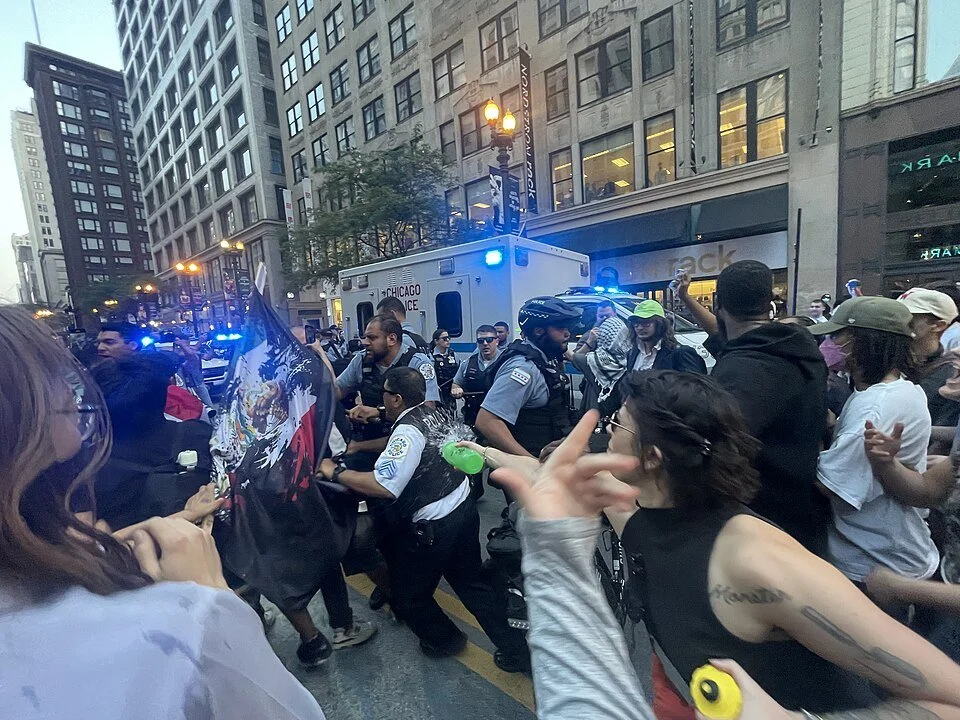A little over a week ago, Chicago Mayor Brandon Johnson publicly called on the United Nations Human Rights Council to send independent experts to Chicago to investigate the ongoing abuses at the hands of federal immigration officials. Thirteen months ago, we would not have believed that our Mayor would be calling on the United Nations to investigate the federal government waging war on our home city. Given the bloody history of this country, it would not be correct to say this is shocking. More so, the swift descent to where we are now, barely ten months into this administration’s reign of power, is profoundly unsettling. Whatever rule of law the United States could ever claim to have—even if it only benefitted the privileged—is gone. Despite district courts’ restraining orders, federal agents continue to use chemical weapons, projectiles, and violence against their own people. Our own government appears to be wantonly trampling on our rights; and we are barely ten months in.
Corporate Accountability as a Club Good
One of the reasons I find Corporate Accountability Lab (CAL) so exciting is that it creates a space from which we can design and test interdisciplinary, praxis-driven experiments to stop corporate abuse. As we collectively struggle to properly diagnose the structural failures that have led to the current crisis of corporate impunity, I’m trying to work out whether or not it would be fair to understand corporate accountability in our justice system today as a club good, as opposed to a public good. If we can fairly characterize corporate accountability--holding corporations legally accountable for harms they’ve committed--as a club good, we can better expose the structural faults we collectively seek to repair.
Why RICO Won’t Solve the Global Corporate Impunity Crisis
Human rights and labor advocates often raise the possibility of using the Racketeer Influenced and Corrupt Organizations Act (18 USC § 1962) (“RICO”) to sue companies who violate human rights overseas. At first glance, this seems like a great fit. The Act provides both civil and criminal liability for individuals and organizations, including corporations, engaging in a pattern of certain criminal acts (including murder, extortion, bribery and other crimes) that are often involved in human rights abuse cases. So why can’t foreign victims of torture, murder or crimes against humanity at the hands of U.S. companies operating abroad bring RICO suits for damages?








